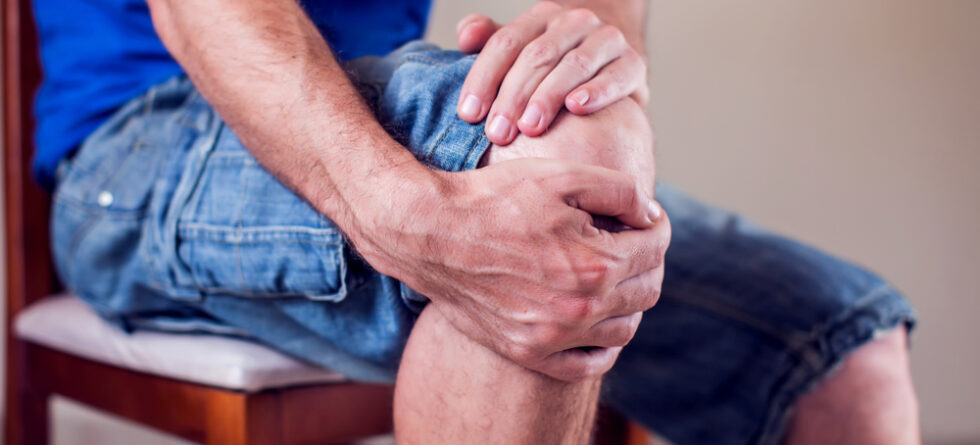The time it takes to treat knee pain depends on factors, including the underlying cause of the pain, the severity of the condition, and the chosen treatment approach.
Here are some general considerations…
- Minor Injuries or Strains – Minor knee injuries or strains may resolve with rest, ice, compression, and elevation (RICE) within a few days to a couple of weeks. Over-the-counter pain relievers may also help alleviate discomfort during this time.
- Acute Conditions – Acute conditions such as ligament sprains, muscle strains, or mild tendonitis may require several weeks to a couple of months of conservative treatment, including rest, physical therapy, and a gradual return to activity.
- Chronic Conditions – Chronic knee pain caused by conditions like osteoarthritis, rheumatoid arthritis, patellar tendonitis, or meniscus tears may require long-term management strategies. Treatment approaches may include a combination of medication, physical therapy, lifestyle modifications, weight management, and possibly injections or surgical interventions, depending on the severity of the condition and the individual’s response to treatment.
- Rehabilitation after Surgery – If surgical intervention is necessary for conditions such as ligament tears (e.g., ACL reconstruction), meniscus repair, or knee replacement, rehabilitation may be required for several weeks to months to restore strength, range of motion, and function of the knee joint fully.
- Individual Factors – The rate of recovery can vary greatly among individuals based on factors such as age, overall health, fitness level, adherence to treatment recommendations, and the presence of underlying medical conditions.
Consult with a healthcare professional, such as an orthopedic specialist or physical therapist, for a comprehensive evaluation and personalized treatment plan tailored to your specific condition and needs. Following their guidance, engaging in recommended treatments and exercises, and maintaining open communication throughout the recovery process can help optimize outcomes and facilitate a timely return to normal activities.




